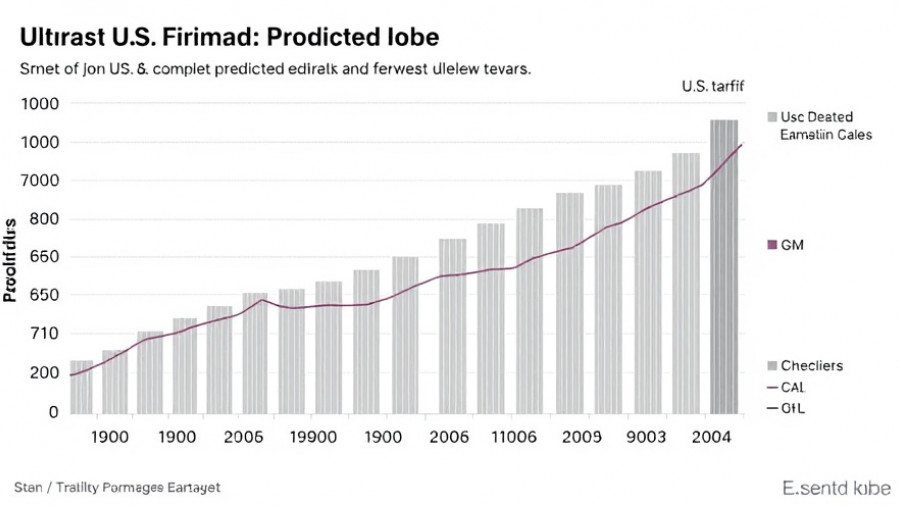
America’s Love Affair with Ultraprocessed Foods
In recent years, ultraprocessed foods have woven themselves deeply into the fabric of American dining, contributing to significant health concerns. As reported by The New York Times, these foods, designed for convenience and low cost, have evolved from practical wartime rations to the culprits of rising health issues. Today, nearly 60% of the American diet encompasses these offerings, which are often laden with harmful additives.
This trend raises alarm bells not just for individual health, but for the overall healthcare system. Researchers indicate a direct correlation between the consumption of ultraprocessed foods and serious illnesses, such as heart disease, obesity, and even cancer. Paul Krugman echoed these sentiments, arguing that the agricultural and food industries must reassess their roles in perpetuating these health risks.
The Economic Impact of Fast Food Culture
Beyond health, there’s a notable economic dimension to our reliance on ultraprocessed foods. With a majority of calories consumed coming from these products, a shift towards more nutritious food options could alleviate some of the financial burdens associated with chronic illnesses. ScienceDaily recently highlighted how ultraprocessed foods contribute to inflammation and related chronic diseases, warning that people who consume a higher percentage face significantly increased risks.
Cultural Perceptions of Food Safety and Quality
However, change doesn’t happen overnight, especially when consumer habits are resistant. There's a prevailing belief that cheaper and faster equates to a better quality of life, even when data suggests otherwise. Addressing misconceptions around food safety and quality remains pivotal. Experts like those from the American Association for Cancer Research emphasize the need for clearer nutritional guidelines that differentiate the various grades of food processing.
Future of Food: Striking a Balance
As more research emerges, it is becoming increasingly clear that the nation must reevaluate its food landscape. With calls for stronger health policies echoing through academic and healthcare circles, the conversation surrounding ultraprocessed foods must shift towards promoting healthier alternatives.
Embracing this challenge could not only enhance individual well-being but contribute to the overall improvement of public health. Urging readers to engage with local health initiatives could play a crucial role in fostering a healthier community in cities like Philadelphia.
 Add Row
Add Row  Add
Add 




Write A Comment